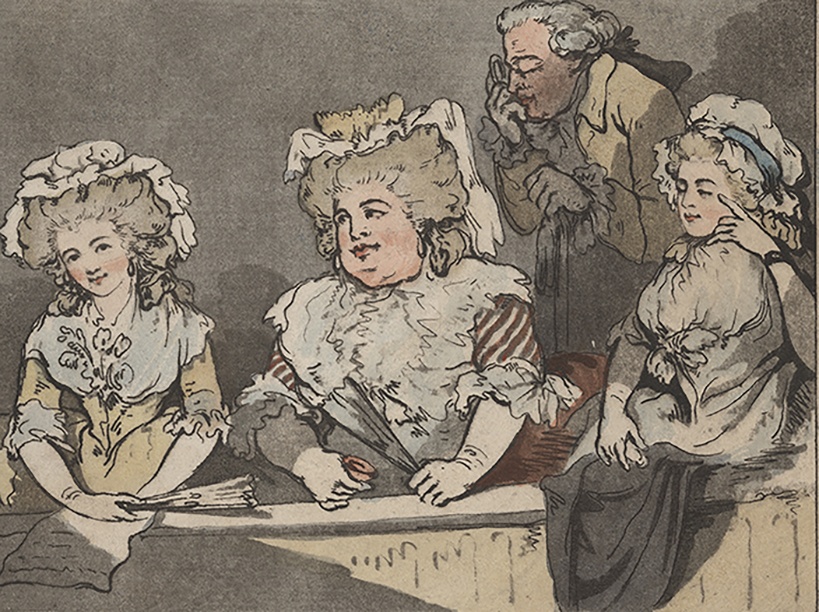News
21 October 2019 / Exhibition
Show Business in Georgian Britain

20 Sep 2019 — 05 Jan 2020 at the Foundling Museum, Brunswick Square, London
Two Last Nights! Show Business in Georgian Britain is a how-to guide to going to a show in eighteenth century Britain.
Displayed throughout the whole Museum, this interactive exhibition delves into the mechanics of theatre and concert going in eighteenth and nineteenth century Britain. With more than 100 objects on display, discover the surprising similarities and astonishing differences between theatre and festival-going then and now, including advertising, ticket sales, audience behaviour and dress code.
Going to a show flourished as a popular pastime in the eighteenth century and as a result the entertainment industry saw rapid expansion: many theatres were built and music festivals began in both London and the provinces. These growing forms of entertainment contributed to the vast range of audience experiences we know today.
Enjoy a fascinating glimpse of behind-the-scenes roles, from theatre managers, set designers and scenery-painters, to the refreshment sellers and ticket collectors. Learn how leading artists of the day, including Hogarth, Hayman and Lambert, crossed over into the world of show business as set designers and scenery painters.
The exhibition explores key venues in London and the provinces, from the theatres of Drury Lane, Covent Garden and Richmond, to the Vauxhall Pleasure Gardens and the Foundling Hospital Chapel, as well as the provincial music festivals of other major cities in Britain.
The exhibition is divided into four sections.
Georgian Theatre
Highlights in this section include caricatures and drawings of Georgian audience members, who came to see and be seen. Original advertising, programmes and tickets are displayed alongside information about how Georgian audiences purchased tickets and detail the development of the modern-day ‘box office’.
Vauxhall Pleasure Gardens
An important highlight of the exhibition is an original eighteenth-century supper box painting, Devil to Pay, by Francis Hayman (1708-1776) which depicts the famous actress Kitty Clive.
NB Don’t miss For the Benefit of Kitty Clive on November 15th – free, but booking essential!
Kitty Clive was London’s top stage star, renowned in theatre, opera and musical comedy. A singer and actress whom audiences adored, she was also an activist and feminist whom critics hated, a career women who commanded the skills of her greatest peers, from Handel to Henry Fielding. Music historian Berta Joncus shares research from her new book which reveals Clive’s incredible journey from humble beginnings to stardom, and how, as a campaigner and role model, she created lasting transformations in the world of Georgian show business.
Foundling Museum Chapel
Two Last Nights! reveals the importance of the Foundling Hospital Chapel as a music venue in Georgian Britain. George Frideric Handel was a fervent supporter of the Foundling Hospital and from 1749 he gave an annual benefit concert, raising thousands of pounds for the Hospital.
Music Festivals
Visitors can discover how performers capitalised on the summer season and logistical complexities of staging a music festival, including the transport of staging, singers and instruments between venues, travelling only by horse and cart.
Two Last Nights! is supported by the Gerald Coke Handel Foundation, the Two Last Nights! Supporters’ Circle and The 1739 Club.